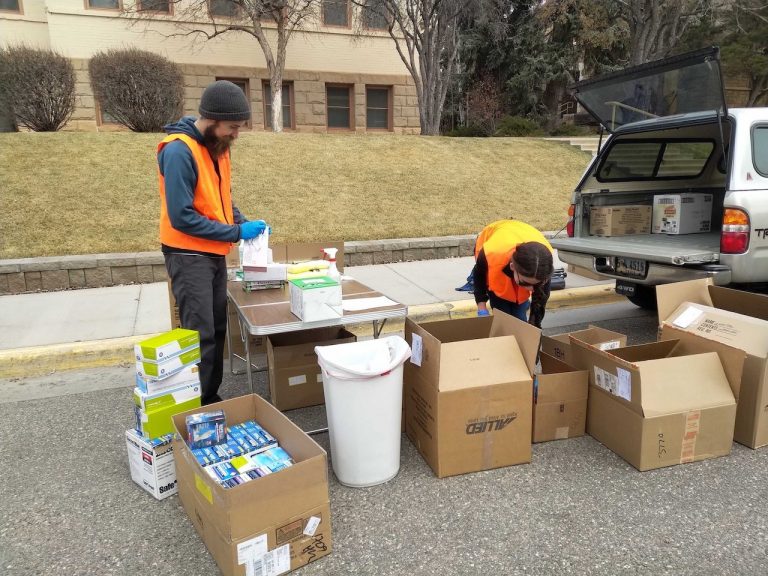There are several ways in which UK people can be volunteer to help doctors, nurses and law enforcement to fight the Covid pandemic.

Many people in the UK want to help the frontline as a volunteer to face Covid. Well, there are plenty of ways to get involved. Many local charities will be keen to attract new volunteers, especially as older stalwarts are forced to stay at home.
Or there are national schemes, such as NHS volunteer responders.
- READ MORE: Covid: how to make a surgical mask at home
- READ MORE: Covid: how to make a hand sanitizer at home
Covid: what you can do being a volunteer
If you want to be a volunteer for NHS, who is not going through one of his best times, you will help medical staff with tasks such as: delivering medicines from pharmacies; driving patients to appointments; bringing them home from the hospital; making regular phone calls to check on people isolating at home.
More than 500,000 people have already signed up. If you are interested, go to the NHS England website for more details. Even though you have to go to work and family duties, help by keeping an eye out for neighbours and family members is the simplest way.
You can help people who are vulnerable, lonely, self-isolating or busy key workers. Help could mean anything from running errands to the shops to providing a friendly voice of reassurance and support. If you want to be a volunteer you can allow to volunteer under “stay at home” rules. In other words, people can go out to volunteer if they are providing help to vulnerable people or if their volunteering cannot be done from home. However, if you are deemed high risk, you are aged over 70 or have underlying health issues, there are volunteering opportunities that you can do by phone or computer from home. To be a volunteer, you should sensible and vigilant. If you are helping out neighbours, please remember physical distancing rules: try to communicate by phone or text; don’t enter people’s houses and always stay at least two metres away.
Look after yourself, don’t go on an errand for a neighbour if you are ill or self-isolating. Then don’t forget to wash your hands regularly. If you have money and want to donate, charities both small and large is helpful. You can donate to the National Emergencies Trust. This charity is co-ordinating the UK Covid disaster voluntary relief effort, providing a single online portal for donations from individuals and companies. The money will be rapidly distributed in the form of small grants to recognised local charities via 46 established regional community foundations covering the whole of the UK.
The immediate focus is on charities that can provide emergency frontline support to vulnerable people affected by the social impact of Covid, including food banks and care organisations helping older, isolated and disabled people and their families. There are more than 14 million people living on the breadline in the UK, and they will be badly hit by the economic crisis caused by Covid-19.




